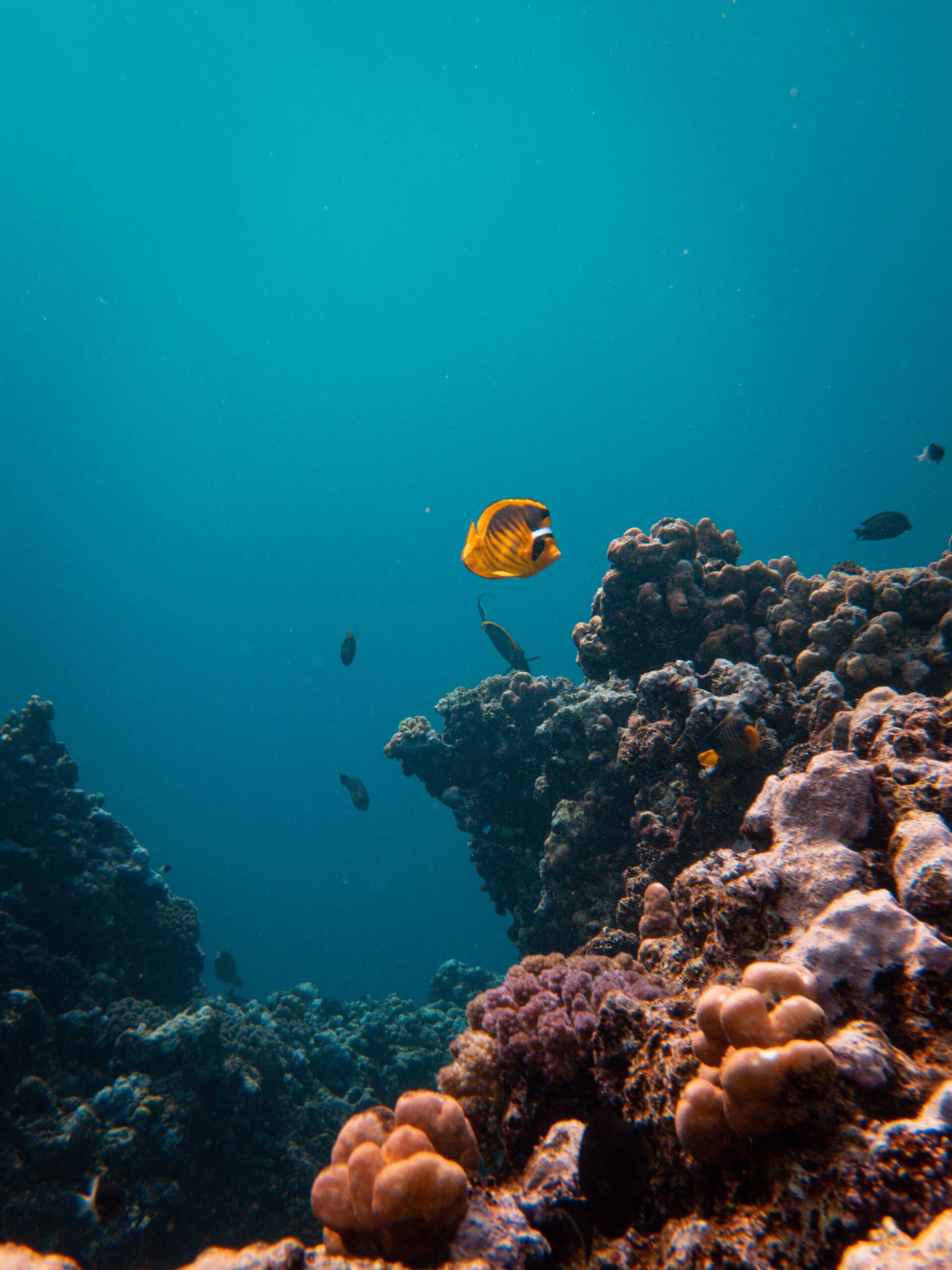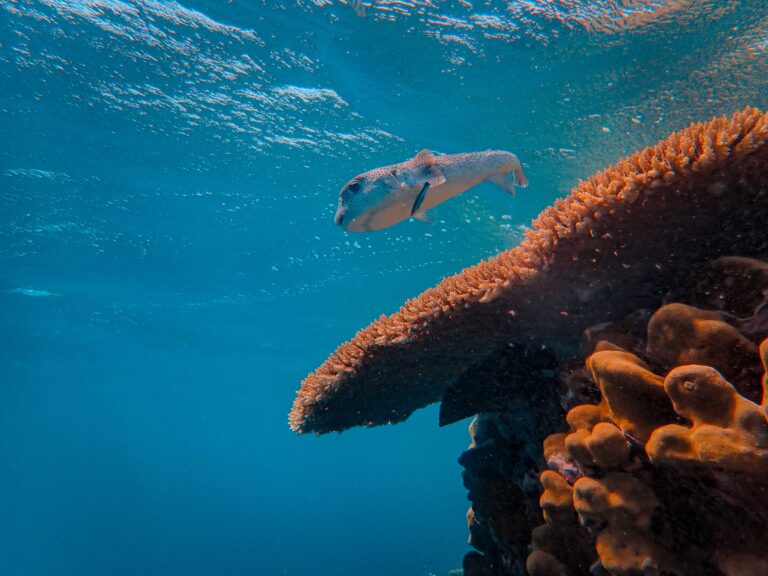Introduction
As concern for our oceans grows, so does the trend of greenwashing within the realm of ocean conservation. The deceptive practices of claiming environmental responsibility while failing to make substantial efforts pose a significant threat to our marine ecosystems. In this blog post, we delve into the issue of ocean conservation greenwashing, aiming to shed light on the tactics used, the real-world consequences, and how individuals can discern authentic commitment from mere public relations stunts.
Recognizing Greenwashing Tactics
In the realm of ocean conservation, greenwashing has become a pervasive issue, with companies employing various tactics to appear environmentally responsible while often engaging in practices that harm marine ecosystems. One common strategy is the use of vague or misleading labels, such as “eco-friendly” or “sustainable,” without providing concrete evidence of their commitment to ocean conservation. Additionally, companies may focus on a single positive aspect of their operations, diverting attention from broader environmental concerns. It’s crucial for consumers to be vigilant and look beyond superficial claims to ensure they are supporting genuinely sustainable initiatives.
Identification of Common Strategies in Ocean Conservation Greenwashing
Misleading marketing practices in the context of ocean conservation greenwashing can take on many forms. Companies may exaggerate the impact of their conservation efforts or use imagery that falsely portrays a pristine marine environment. Another prevalent strategy involves cherry-picking data to showcase positive results while conveniently ignoring detrimental aspects of the business. Identifying these tactics requires a critical eye and a commitment to scrutinizing the details of a company’s claims. Look for transparency, verifiable evidence, and a comprehensive approach to ocean conservation to separate genuine efforts from mere greenwashing.
Highlighting the Impact of Greenwashing on Public Perception and the Environment
The repercussions of greenwashing extend beyond mere deception; they have tangible effects on public perception and, ultimately, the environment. When consumers believe they are supporting eco-friendly businesses, they may inadvertently contribute to environmental degradation by endorsing companies with questionable practices. Moreover, the proliferation of greenwashing can erode trust in legitimate conservation initiatives, making it harder for well-intentioned organizations to garner support. By understanding the negative consequences of falling for greenwashing tactics, consumers can play a crucial role in holding businesses accountable and driving authentic change in ocean conservation.
Unveiling Alleged Greenwashing Incidents in Ocean Conservation
In recent years, several organizations claiming to champion ocean conservation have come under scrutiny for alleged greenwashing practices. These incidents involve misleading environmental marketing, where companies exaggerate or falsely advertise their commitment to sustainable practices. One notable case involved a prominent seafood company that touted eco-friendly sourcing but was later accused of overlooking destructive fishing methods. Such instances highlight the importance of scrutinizing organizations’ claims and the need for transparent communication in the realm of ocean conservation.
Consequences on Marine Ecosystems and Public Trust
The consequences of greenwashing in ocean conservation extend beyond mere reputational damage. False claims can have tangible impacts on marine ecosystems, as companies engaging in harmful practices may continue unchecked. For example, a company falsely advertising its commitment to reducing plastic waste might still contribute to the pollution problem. Moreover, public trust is eroded when consumers discover the disparity between a company’s green image and its actual environmental impact. Understanding the real-world consequences emphasizes the urgency of holding organizations accountable and demanding genuine commitment to sustainable practices.
Lessons Learned to Avoid Future Greenwashing Pitfalls
Examining these alleged greenwashing incidents provides valuable insights and lessons for both businesses and consumers. First and foremost, there is a pressing need for independent verification and certification processes to ensure the legitimacy of eco-friendly claims. Transparency in supply chains and fishing methods is crucial for building and maintaining trust. Companies should prioritize measurable and impactful sustainability initiatives over superficial marketing tactics. From a consumer perspective, being informed and critically evaluating environmental claims can help in making conscious choices that drive genuine change. The lessons learned from these cases underscore the importance of vigilance in scrutinizing environmental claims to foster authentic conservation efforts.

The Role of Certification and Standards in Marine Conservation
Certifications and standards play a pivotal role in establishing a framework for sustainable practices in marine conservation. Reputable certifications provide a set of guidelines and criteria that organizations and initiatives must meet to be recognized as genuinely contributing to the preservation of marine ecosystems. One such example is the Marine Stewardship Council (MSC), which certifies fisheries that adhere to strict sustainability standards. These certifications not only promote responsible resource management but also serve as a trustworthy indicator for consumers, allowing them to make environmentally conscious choices when selecting seafood products.
Distinguishing Genuine Commitments from Greenwashing
In the realm of marine conservation, where the stakes are high, the concept of greenwashing – the deceptive practice of giving a false impression of environmental responsibility – can be particularly detrimental. Certification and standards act as a shield against greenwashing, offering a transparent and measurable way to differentiate between genuine commitments and mere lip service. For instance, the Global Ghost Gear Initiative (GGGI) sets standards for tackling abandoned fishing gear, and its certification ensures that initiatives are actively addressing this critical issue. This distinction is vital for consumers, stakeholders, and policymakers seeking to support initiatives that genuinely contribute to marine conservation efforts.
The Importance of Transparency in Reporting and Accountability
Transparency in reporting is an essential element in the efficacy of marine conservation initiatives. Certifications and standards often require organizations to provide detailed and regular reports on their activities, ensuring that they remain accountable for their commitments. Transparency fosters trust among stakeholders and allows for informed decision-making. The Aquaculture Stewardship Council (ASC), for example, demands transparency in reporting from aquaculture operations, enabling consumers to verify the sustainability of their seafood choices. This commitment to openness enhances the credibility of conservation initiatives, fostering a culture of accountability that is crucial for the long-term health of marine ecosystems.



